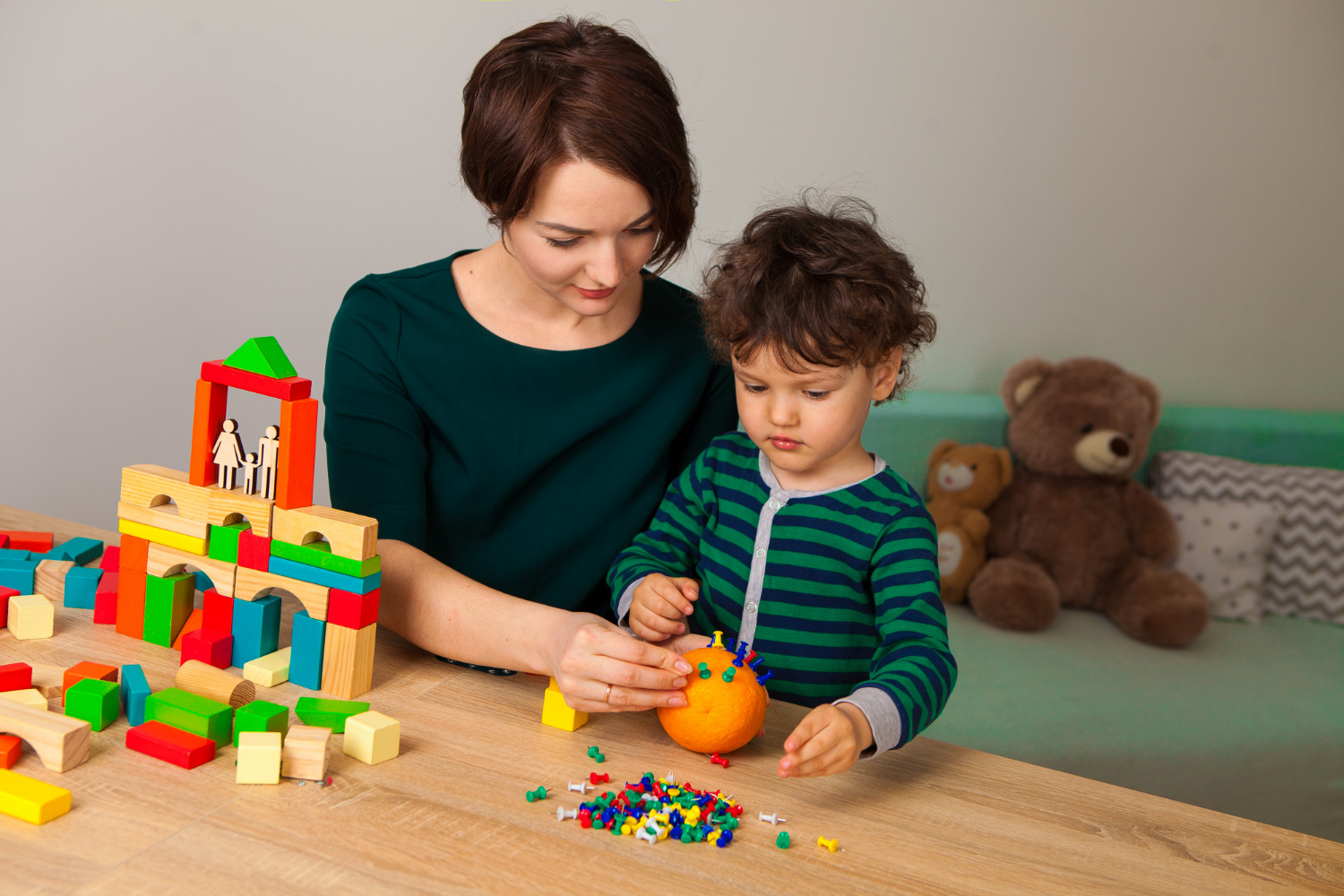What to Expect During the First Month of ABA Therapy


Starting ABA therapy is an exciting and sometimes overwhelming milestone. For many families, those first few weeks bring a mix of hope, nerves, and questions about what the process will look like.
The good news is that the first month is focused on building a strong foundation for your child’s progress. It’s about getting to know your child, setting meaningful goals, and creating a routine that feels supportive for your whole family.
The first stage of ABA therapy usually involves assessments. Your provider will observe your child, talk with you about their strengths and challenges, and sometimes use standardized tools to gather information. This isn’t a test — it’s about understanding where your child is right now.
Once assessments are complete, the ABA team creates an individualized treatment plan. These plans often focus on practical skills like communication, social interactions, or daily routines such as getting dressed or brushing teeth. Parents are usually involved in this process, helping set priorities that matter most at home and school.
In the early weeks, ABA therapists spend a lot of time building rapport with your child. Sessions may feel playful, with games, activities, and positive reinforcement designed to make therapy enjoyable. This trust-building phase is essential — it helps your child feel comfortable and ready to learn.
At the same time, the therapist begins shaping a routine. While therapy may look like fun and play at first, structure is gradually introduced so your child learns to expect and participate in sessions with ease.
ABA therapy is highly data-driven. During each session, therapists record information about your child’s responses, successes, and challenges. This data guides decisions about what’s working well and what may need adjusting.
You can expect regular updates and opportunities to share your perspective, since parent feedback is an important part of the process.
Starting ABA therapy can feel like a big transition, but you don’t have to navigate it alone. At ABA Navigator, we connect families with trusted ABA providers who guide you through every stage of the journey — from the first assessment to long-term growth.
Explore our ABA Navigator Providers page to compare options near you and begin your child’s ABA journey with confidence.
How soon will we see progress in ABA therapy?
Some families notice small changes within weeks, while larger goals take more time. Every child’s progress is unique.
Will parents be involved during the first month?
Yes. Most providers encourage parent participation and may offer caregiver training to extend learning into the home.
What if my child has a hard time adjusting to therapy?
That’s normal. The therapist will use positive reinforcement and engaging activities to help your child feel comfortable over time.
Sources: